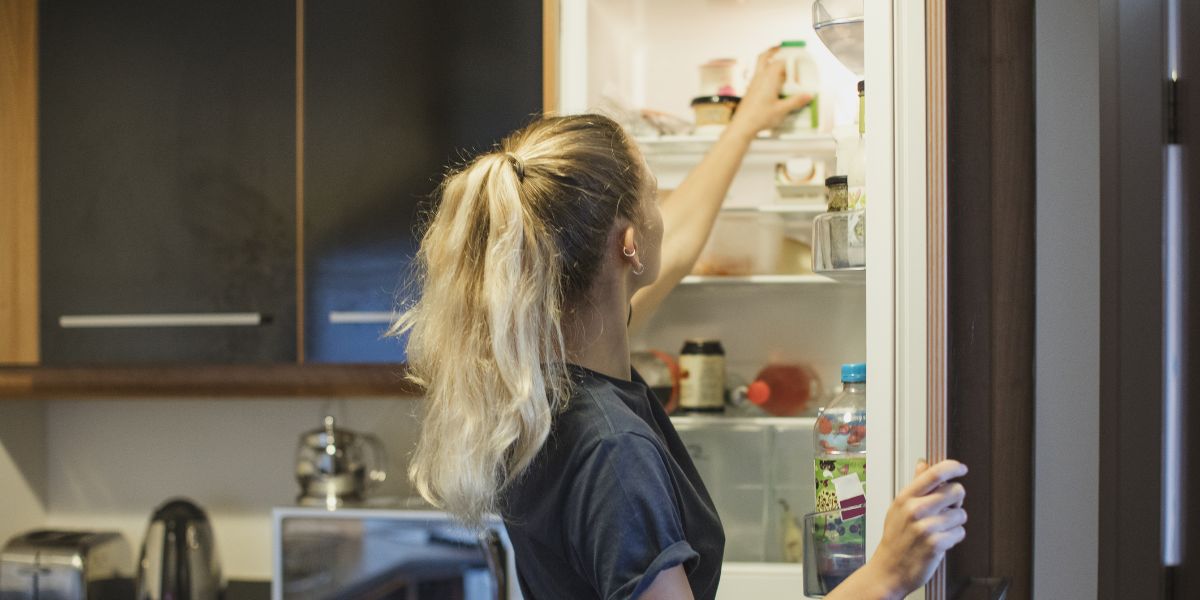Approximately two million households in the UK have been left with no choice but to turn off their fridge or freezer in a bid to save money amid the cost of living crisis.
Since May, almost one million of these households were forced to disconnect their fridge or freezer for the first time due to financial hardship, the Joseph Rowntree Foundation (JRF) charity has revealed.
To cope with rising bills and prices, four out of five households on universal credit are also not replacing worn-out clothing, going without food and turning off the heating, despite outside temperatures dropping.
- Cost of living: financial strain is steering families to processed foods
- Obesity epidemic drives NHS prescription cost past £10 billion
- Cost of Living Guide
A cost of living tracker survey carried out by the JRF shows that 2.8 million households in the UK have built up debt to pay for food.
According to charities, the Government is looking to cut benefits and cost of living support payments next year, which will push more people below the poverty line.
Peter Matejic, Chief Analyst at the JRF, said: “Millions of families unplugging their fridges and freezers is the latest chapter in a long-running story of hardship.
“People risk becoming sick from eating spoiled food and going without healthy, fresh food. This risks lasting harm to the health of millions.”
He added: “The picture isn’t getting better for low-income families even as inflation starts to come down. Too many are taking out loans to pay for food, selling their belongings and using warm banks to try and get by.”
“It’s unconscionable that the government is reportedly considering cutting struggling families’ benefits to fund tax cuts.
“In the upcoming autumn statement benefits must be increased in line with inflation and local housing allowance must be unfrozen to support private renters with their housing costs.”
People most likely to be living without essential supplies include black, Asian and mixed ethnicity households, families with a disabled member, families with children and those dependent on universal credit.
A spokesperson for the Department for Work and Pensions said: “The cost of living payments have provided a significant financial boost to millions of households – just one part of the record £94 billion support package we have provided to help with the rising cost of bills.
“This includes a 10.1% rise to benefits earlier this year, and we’re investing £3.5bn to help thousands into jobs – the best way to secure their financial security in the long term.”
They concluded: “Ultimately, the best way we can help families is to reduce inflation, and we’re sticking to our plan to halve it this year, taking the long-term decisions that will secure the country’s financial future.”









